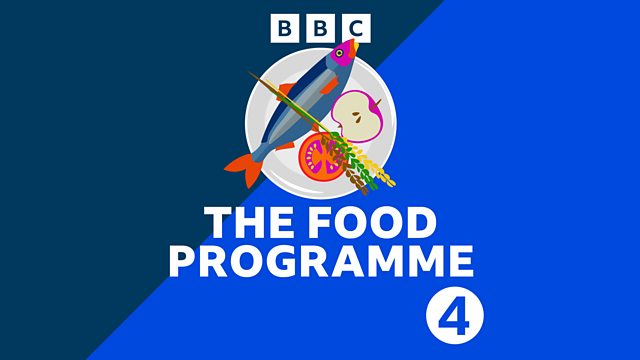The True Cost of Food
Sheila Dillon and expert panel discuss the true cost of food production and the impact that it has on our health and the environment.
The price of food is rising alongside fuel, energy and other costs, and experts are warning that households face the biggest squeeze on disposable incomes for at least 30 years. On average the lowest income families spend twice as much on food and housing bills as the richest families, so increasing food price inflation will disproportionately affect families already struggling to get by, according to the Resolution Foundation.
As millions more people are on the brink of being pushed into food poverty, the food industry faces a turning point. The publication of a government white paper responding to the recommendations of The National Food Strategy is expected soon. The strategy’s assessment was dramatic – that Britain needs to change what it eats and how it produces food, in order to reverse the damage it does to our health and the environment.
In today’s programme Sheila Dillon is joined by three guests to discuss the true cost of our food, and some of the issues we face in reforming the system. In these extreme conditions we now live in, how can we provide everyone with a decent diet that will underpin the UK as a healthy nation? With Tim Benton, Research Director of the Environment and Society Programme at Chatham House and Professor of Population Ecology at the University of Leeds; Kathleen Kerridge, anti-food poverty campaigner and Chair of the Lived Experience Panel at The Food Foundation; and Professor Corinna Hawkes, Director of the Centre for Food Policy at City, University of London.
Presented by Sheila Dillon and produced by Sophie Anton for �鶹������ҳ��� Audio in Bristol.
Last on
Broadcasts
- Sun 20 Mar 2022 12:32�鶹������ҳ��� Radio 4
- Mon 21 Mar 2022 15:30�鶹������ҳ��� Radio 4
Download this programme
Subscribe to this programme or download individual episodes.
Can comfort foods really make you feel better?
Yes they can, says Sheila Dillon.
Podcast
-
![]()
The Food Programme
Investigating every aspect of the food we eat


